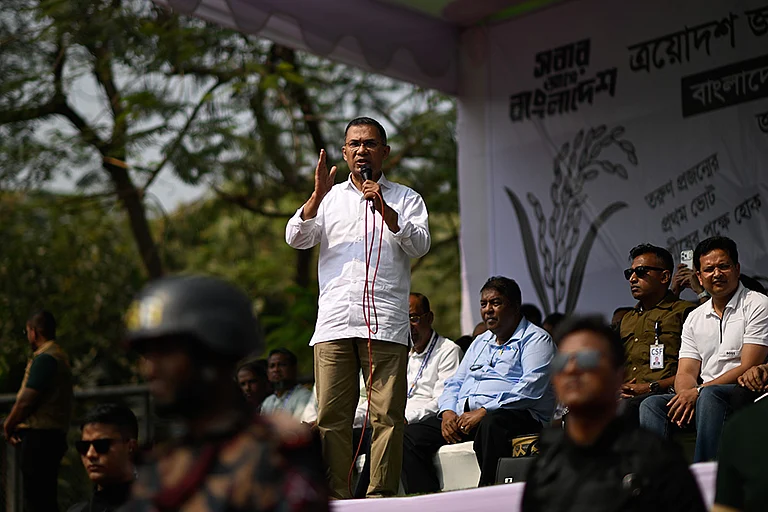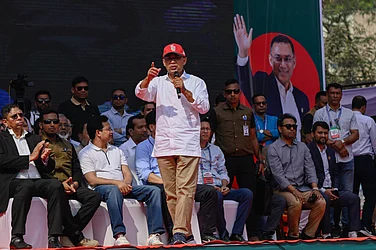Former Lok Sabha deputy speaker Kariya Munda, addressing a rally organized by the Janjati Suraksha Manch, asserted that individuals from scheduled tribes who convert to Islam or Christianity should be excluded from reservation benefits in education and government jobs. Munda, a prominent BJP leader affiliated with the Rashtriya Swayamsevak Sangh (RSS), expressed concern about what he deemed a significant conspiracy related to the religious conversion of tribals, as reported by PTI.
Arguing that those who undergo conversion relinquish their original religion, culture, traditions, and worship practices, Munda emphasized that reservation privileges should not extend to tribals who adopt Islam or Christianity. Drawing a parallel with the situation of converted individuals from scheduled castes (SC), he advocated for a similar legal provision for scheduled tribes (ST), citing the absence of a comparable clause in Article 342 of the Constitution.
Munda referenced Article 341, which grants reservation benefits to SCs adhering to the Hindu religion but excludes those who embrace other faiths. He underscored the need for a similar provision for STs, reinforcing the distinction between "true tribals" who maintain their original faith and those who convert.
Providing demographic context, Munda stated that the tribal population in the country is approximately 8.5 crore, with 80 lakh identifying as Christians and 12 lakh as Muslims. He expressed suspicion that the actual number of converted tribals might be higher, as some may not openly disclose their conversion status but still claim tribal benefits.
Addressing concerns about the influence of the RSS on their demands, Munda clarified that their organization's stance is rooted in a commitment to Hinduism and Sanatan principles. He asserted that their worship practices have maintained continuity since the time of the Vedas, emphasizing their adherence to the Sanatan or Vedic way of life, which he claimed sets them apart even from some Hindus who have undergone changes in their lifestyle.


























